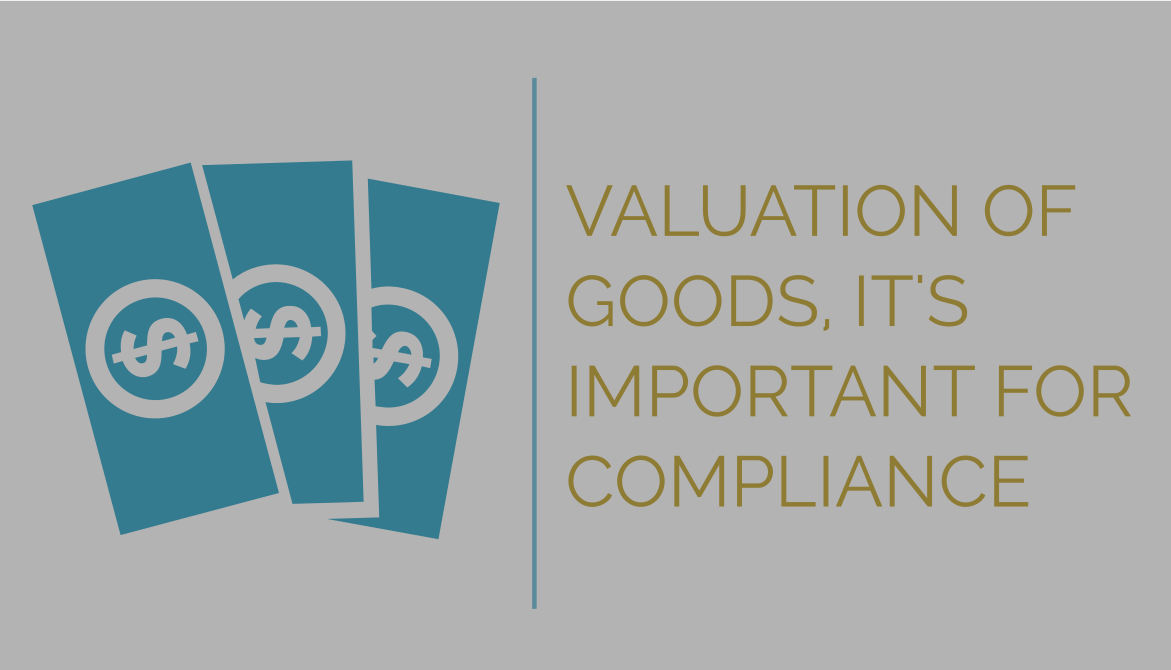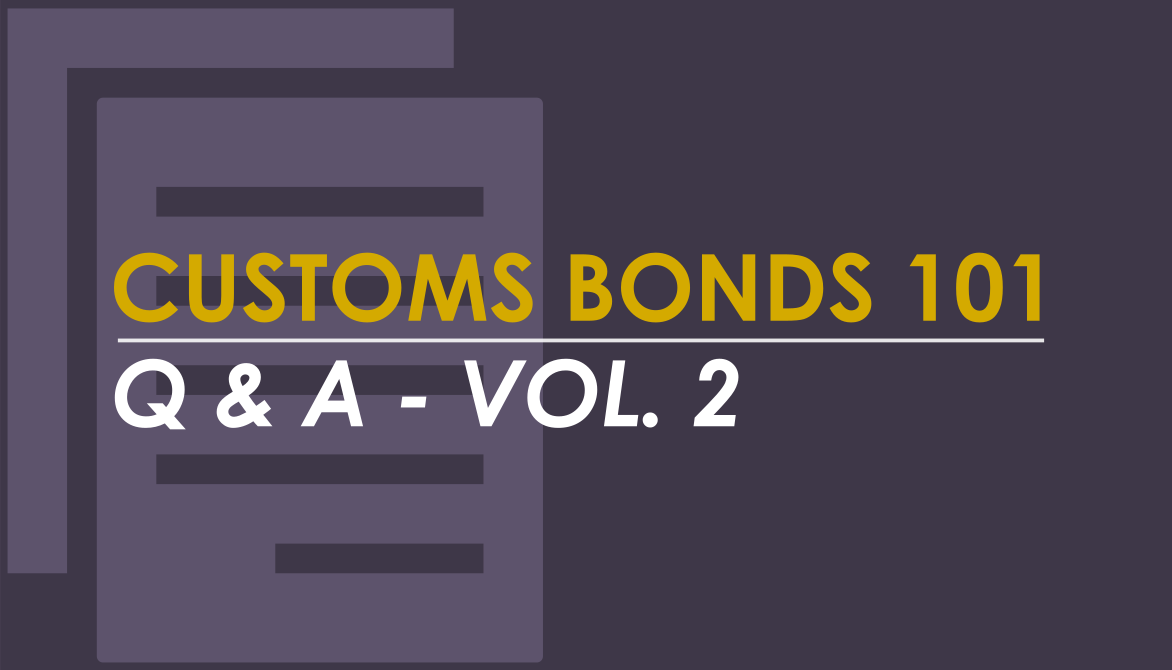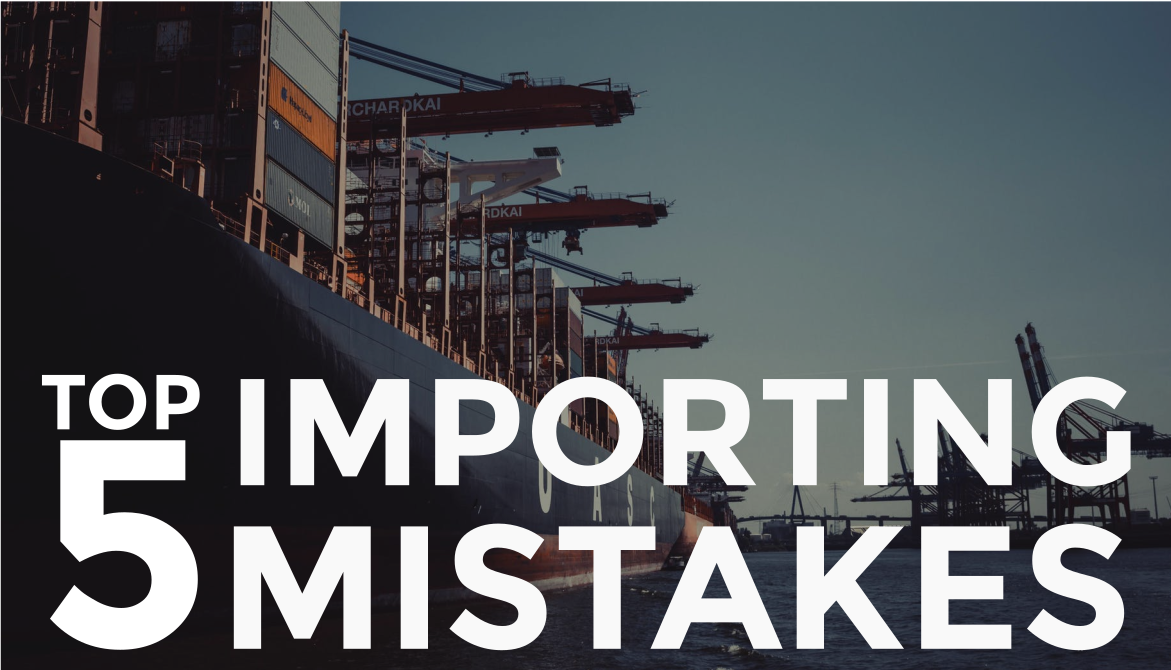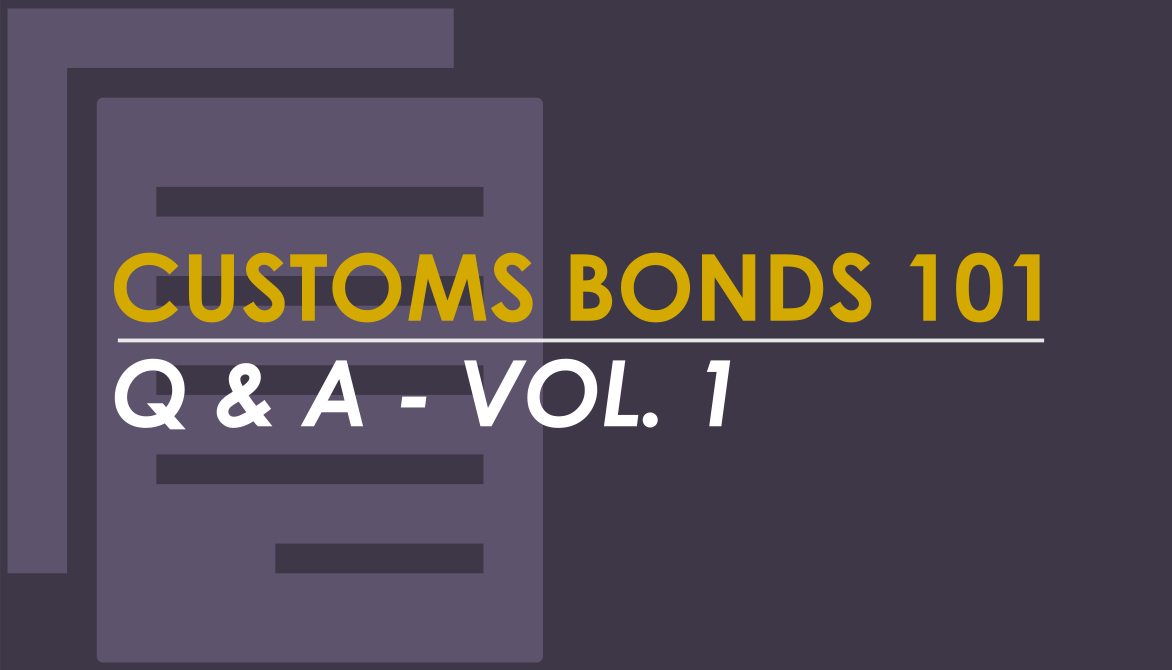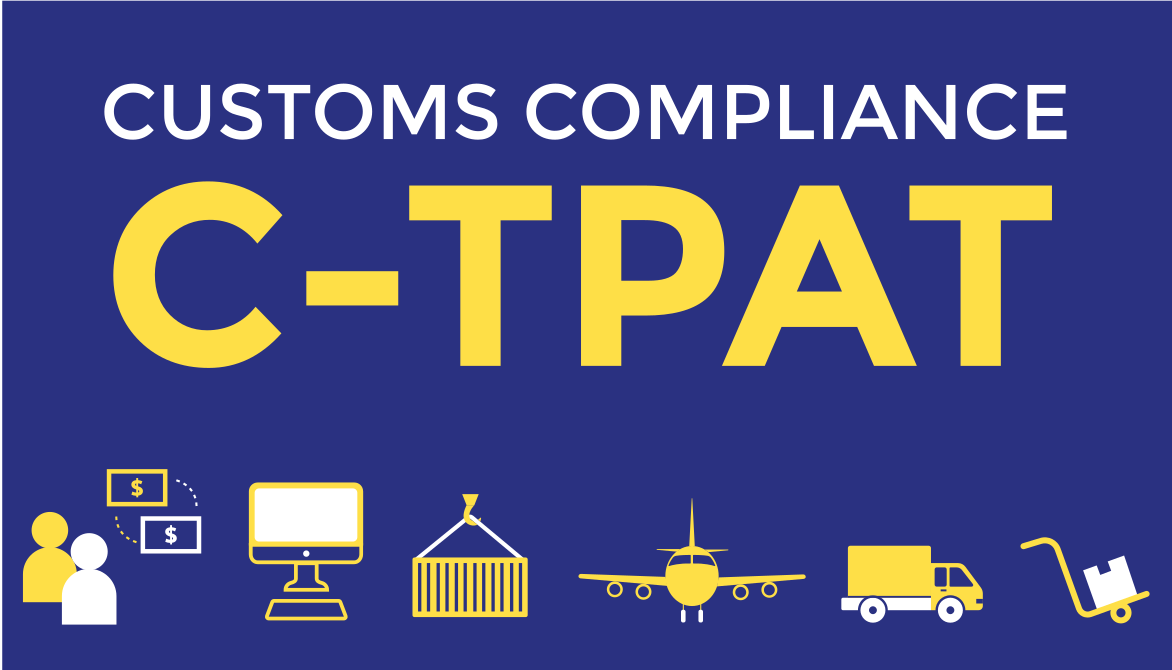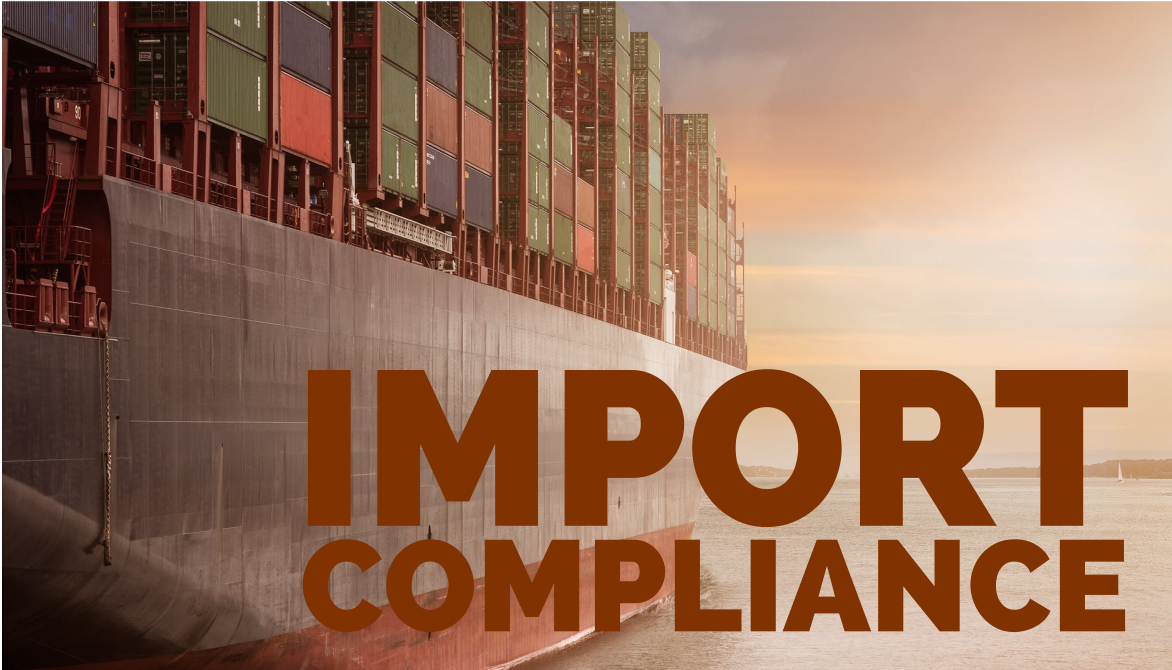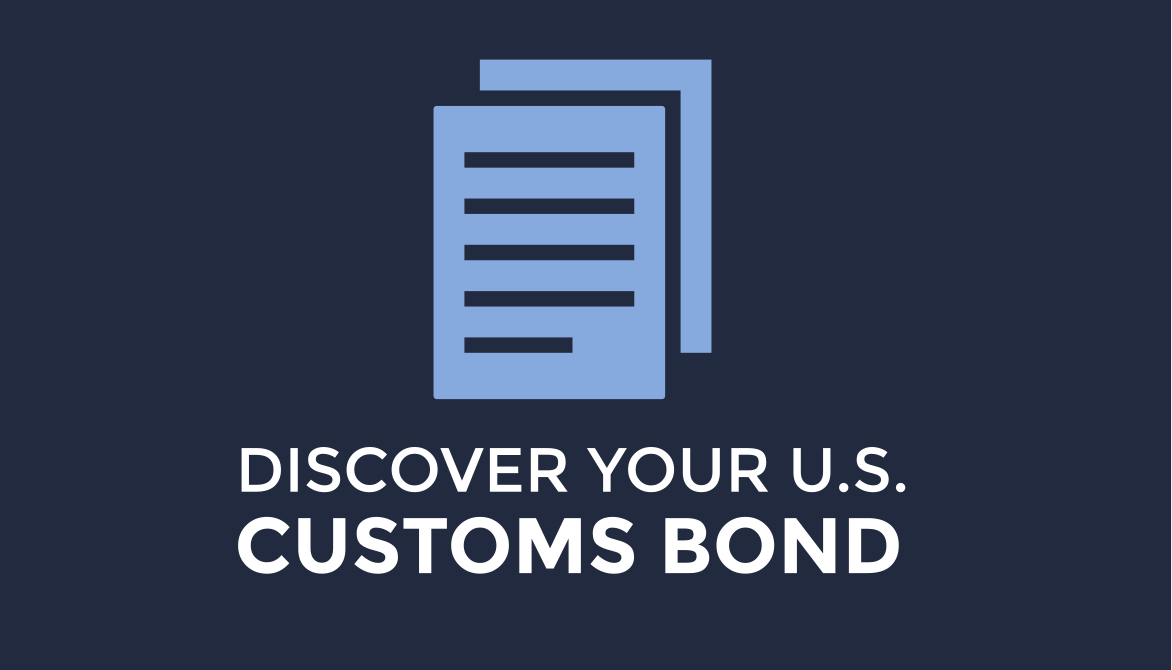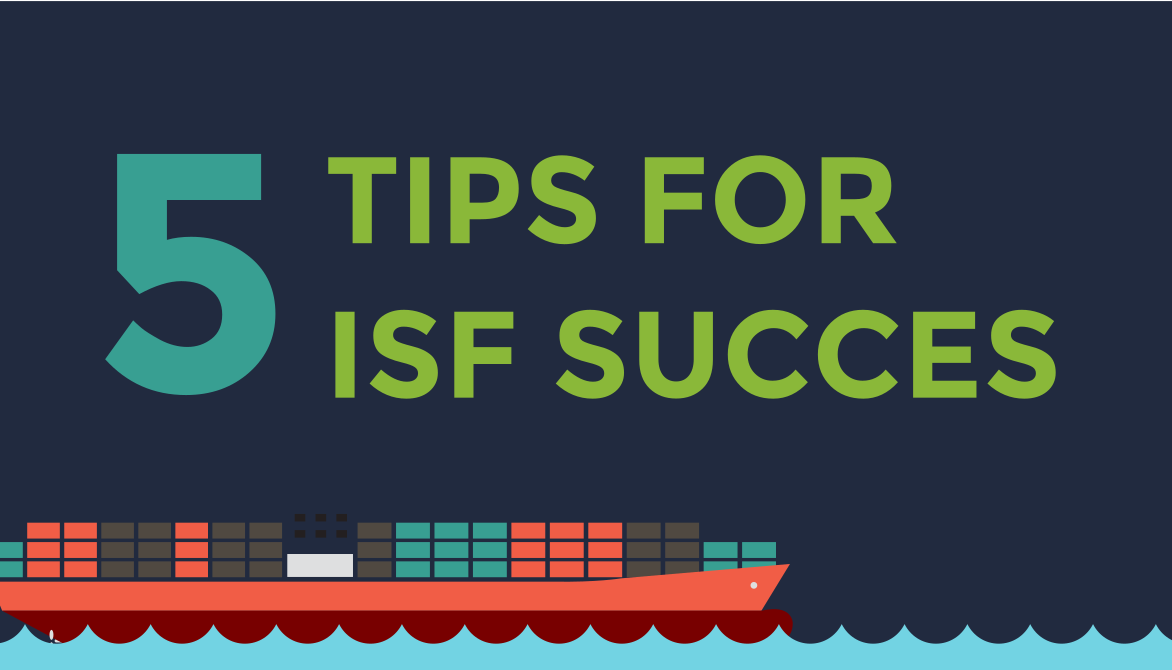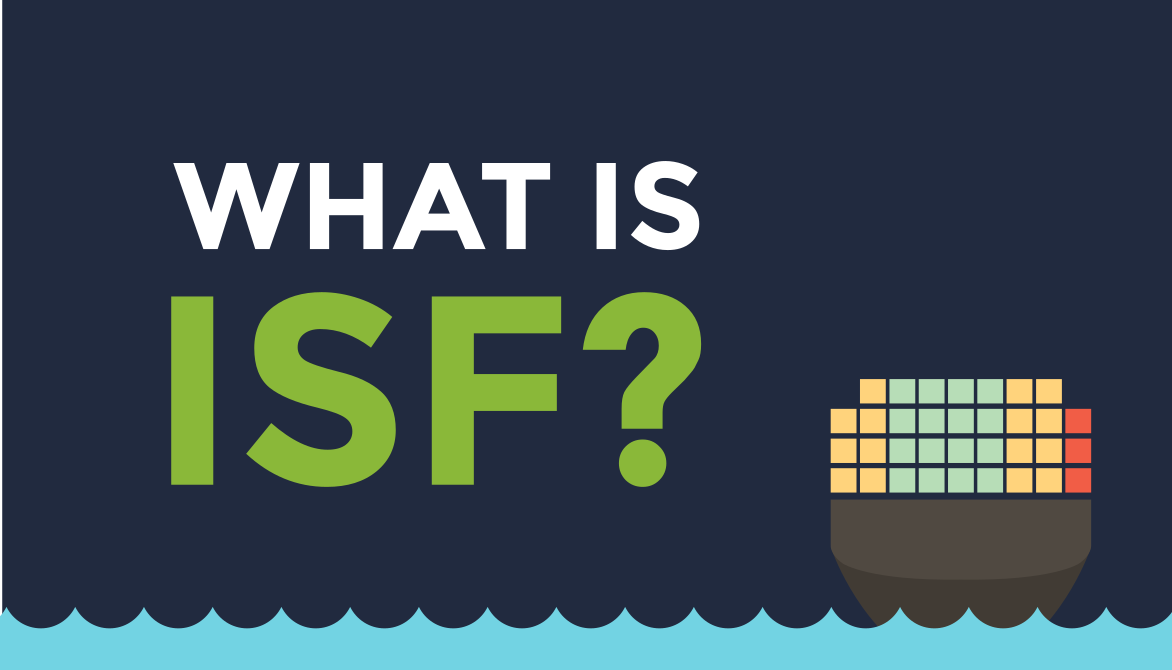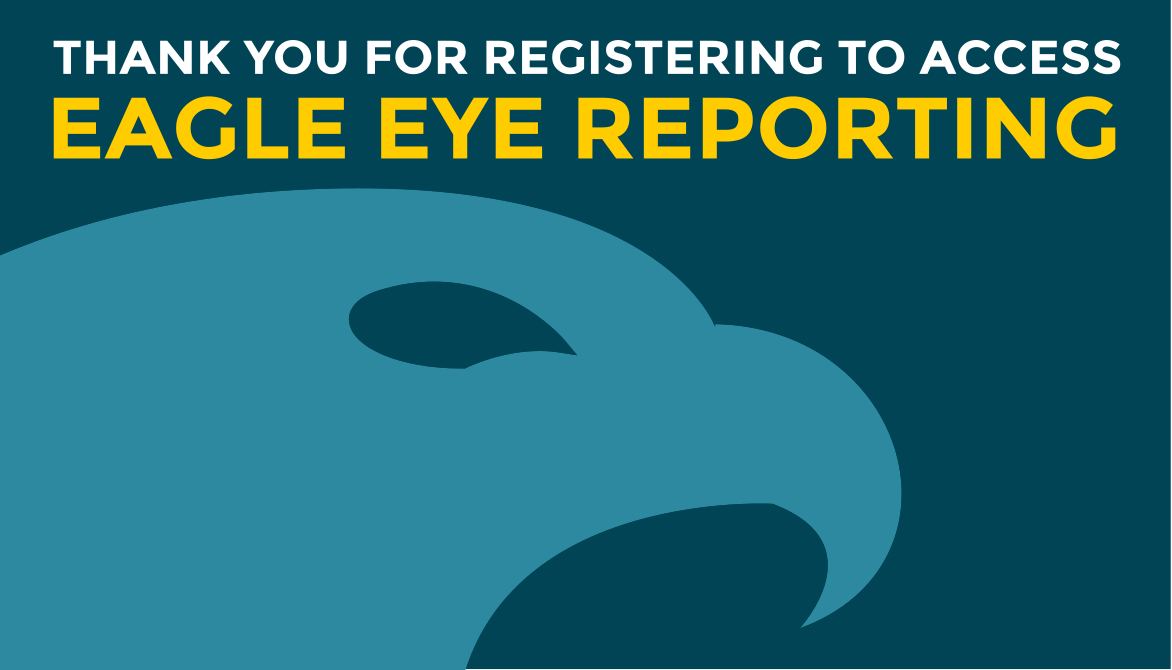Valuation of goods is an important aspect of filing requirements when importing goods into the United States. Customs and Border Protection (CBP) must be provided not only with the classification of...
Importing Entry Process
Looking for something specific?
Search our entire database to find the answers you seek. If you can't find an existing post, reach out and let us know!
Follow Us!
Customs Bonds 101 Questions and Answers – Vol. 2
We recently gave a presentation on the basics of U.S. Customs Bonds, called “Customs Bonds 101.” During the presentation, the attendees asked so many excellent questions, we felt like it would be a...
Top 5 Importing Mistakes
There are many things an importer must keep track of to run a successful operation. Here are five avoidable importing mistakes that can keep even the best operations from reaching their full...
Customs Bonds 101 Questions and Answers – Vol. 1
We recently gave a presentation on the basics of U.S. Customs Bonds, called “Customs Bonds 101.” During the presentation, the attendees asked so many excellent questions, we felt like it would be a...
Customs Duties Revisited
In this post, TRG covers the subject of common Customs Duties; how they operate, and how they're administered. In a previous article, Customs Duties Deconstructed, we covered some of the less...
Customs Compliance: C-TPAT
The Customs-Trade Partnership Against Terrorism, affectionately known as C-TPAT, is a program US Customs and Border Protection (CBP) launched in order to better protect Americans, while still...
Import Compliance
Import compliance is one of the most significant issues a modern importer must deal with in their line of work. Let's learn why it affects nearly every aspect of the importing process. Keeping track...
Discover your U.S. Customs Bond
Today, we will be discussing methods of procuring information regarding your company’s U.S. Customs bond, and why this information is important. Knowing the details of your bond is an important step...
5 Tips for ISF Success
Importer Security Filing (ISF) is a government mandate requiring importers to file additional data elements for all shipments entering the U.S. via ocean cargo. Unless you are preparing for your...
What is ISF?
Developments in national security protocol have introduced a host of requirements importers must fulfill. One of these requirements is Importer Security Filing (ISF) and Additional Carrier...
The Golden 5 of Direct Filing
Direct filing (of Customs entries and Importer Security Filing) was a concept introduced to the industry by proactive importers and a powerful tool developed by Customs automation experts. Prior to...
Thank you for registering to access Eagle Eye Reporting!
Trade Risk Guaranty has invested in software that connects with U.S. Customs’ database allowing us to download proprietary and highly secured information. Access to Entry information is available...

